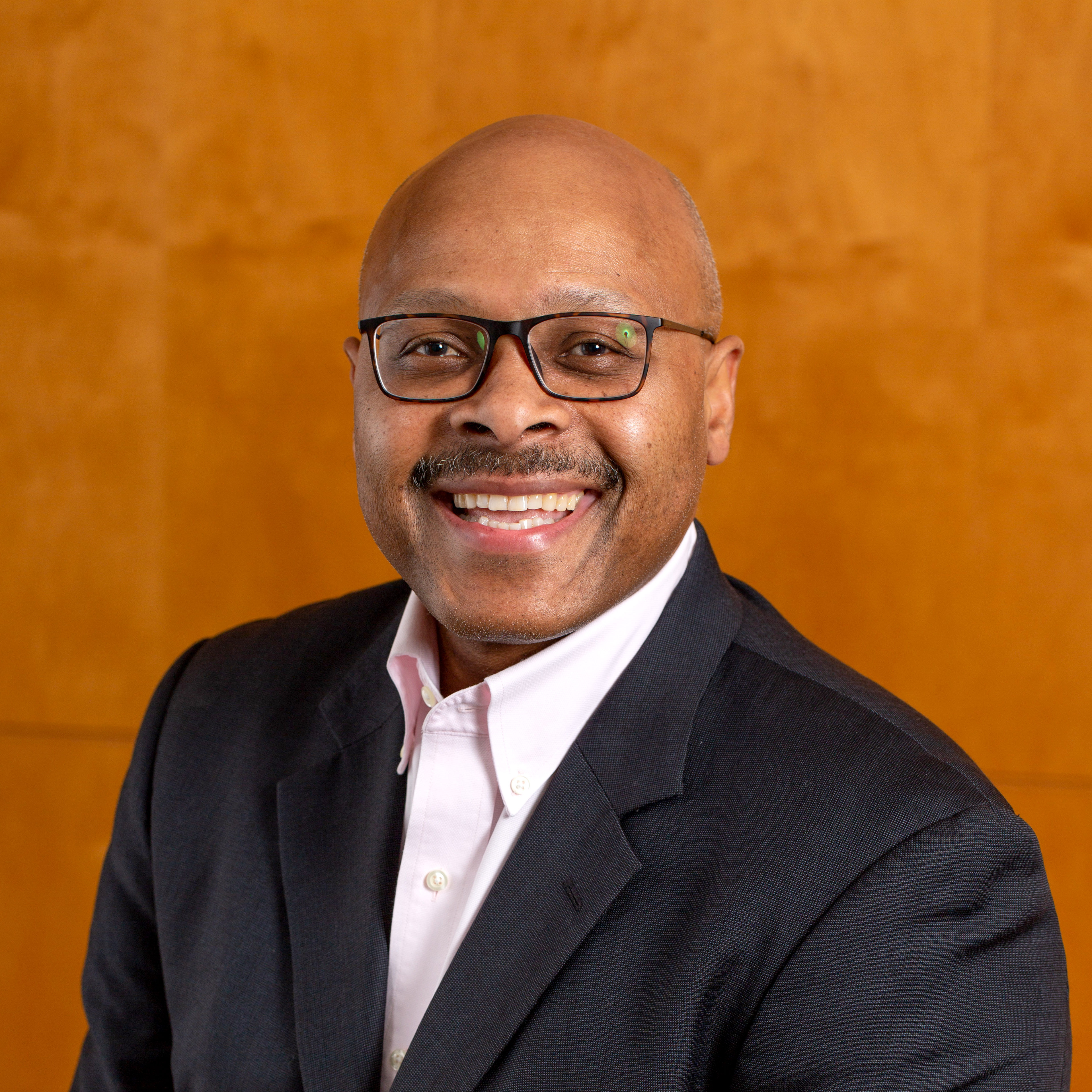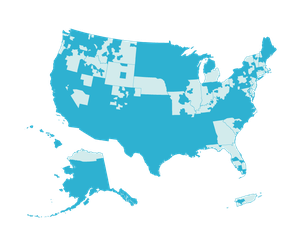To fulfill our mission of catalyzing opportunity across the country, we are launching the LISC Rural Promise, a commitment to elevate our impact in rural America to 20 percent of our total over the next three years. The Rural Promise will build on 25 years of LISC's investment in and partnership-building with rural people and places. Now, we're taking it to the next level. We chose this week to launch our renewed effort in honor of Dr. Martin Luther King, Jr., whose movement for civil rights and racial equity was rooted in rural America, where extraordinary talent, communities, businesses and natural resources are poised today to fuel a competitive national economy.
There are times in the life of every organization when its members need to step back, look hard at their priorities and actions, and ask: does our impact answer the invitation of our mission? In LISC’s case, we are called to help forge resilient and inclusive communities of opportunity all across America.
It is that spirit of self-assessment that is leading us now to redouble our attention to rural America. We are calling this renewed commitment the LISC Rural Promise, a pledge to catalyze at least 20 percent of the community development impact that LISC makes, in any given year, in rural America.
Why 20 percent? For one, because 20 percent of our country’s population resides in rural places. That’s 60 million people who live, work, raise their families, go to school, play games and do business in small towns and country communities. We want to make sure that our impact is commensurate with that number and addresses their needs and aspirations.
That charge requires that we invest in a way that is proportional to the population, and also that we broadly share the community development tools we bring to the table. This kind of equity is an imperative for our country—to enable vibrant, healthy rural communities to thrive, for the good of people, of the environment, and of the country’s economy as a whole. From the standpoint of a competitive America, we must be better at leveraging the extraordinary talent and assets of the vast part of the nation that is not urban.
What this means, for example, is that we want 20 percent of the units of affordable housing we help create—whether through new construction, preservation or rehab—to be in rural America. The same goes for community facilities: our goal is that 20 percent of everything we support, from commercial spaces and health clinics to theaters and childcare centers, be in rural America. This is a not a measure of dollars invested—in part because costs vary so widely depending on geography. This is a measure of actual impact as gauged by units of housing created and numbers of jobs generated, small businesses incubated and people connected with opportunities that help them build the lives they want. It’s a measure of the success of our mission
We’ve chosen this week, in this month, to share our renewed commitment in honor of Dr. Martin Luther King, Jr., a man whose movement for justice and equity was propelled, in large part, from rural America. African Americans from the rural south, in particular, played vital roles in the civil rights struggle and many people from small towns and farming areas, both black and white, were key agents of change.
The issues at stake then—racial equity, employment, decent wages, housing—are still with us today, and the commitment that energized and powered the civil rights movement is still alive and well in rural places. That is why it seems only fitting that we announce the Rural Promise in celebration of Rev. King—especially given the diverse rural places we support, from Appalachia to the Mississippi Delta and Native Nations, from California’s Central Valley to colonias on the southern border.
Like the ongoing history of the civil rights movement, the best stories are those in which old chapters continue to be part of the narrative, developing and progressing as new chapters unfold. In the same way, our dedication to rural is not new—this year we celebrate 25 years investing in rural people, places and enterprise, and have infused a total of $905 million. We collaborate with and provide technical assistance and capacity building for 86 local partners across more than 2,200 counties. Now, we are poised to embrace new partners, expand our network and propel the work into more communities, too—all the while maintaining the same level of endeavor and investment in urban places.
I wouldn’t be painting the whole picture of our Rural Promise if I didn’t mention that it’s personal, too. I am a son of the rural south. I grew up on a farm, in a town of 1,200 people. The work ethic, the relationships I built there, the guidance of my grandparents—all of that was part of a transformative experience for me. I want the possibility of that transformative experience to be available for people in rural America in perpetuity.
The LISC Rural Promise, then, is an invitation to all of us—to the entire LISC family as well as to our funders and community partners, both present and future. It’s an invitation to recommit and extend our time, resources and talent for the benefit of our rural places and the people who live there. We hope you will join us.

Q&A with LISC CEO, Maurice A. Jones, about LISC's commitment to rural America.
 Maurice A. Jones, President & CEO, LISC
Maurice A. Jones, President & CEO, LISC
Prior to joining LISC, Maurice was the Secretary of Commerce for the Commonwealth of Virginia, where he managed 13 state agencies focused on the economic needs in his native state. Before that, he was second in command at the U.S. Dept. of HUD, serving as deputy secretary in charge of operations. He has also been Commissioner of Virginia’s Dept. of Social Services and Deputy Chief of Staff to then-Gov. Mark Warner. At the U.S. Treasury Dept. during the Clinton Administration, he managed the CDFI fund. His private sector experience includes top positions at the Virginian-Pilot in Norfolk, a Richmond law firm and a private philanthropy investing in community-based efforts to benefit children in Washington, D.C.
